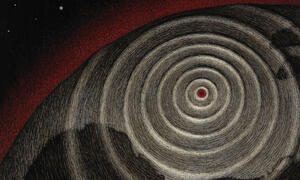As “Girls, Interrupted” documents, girls now account for 30 percent of juvenile arrests and 15 percent of juvenile incarceration—making them the fastest-growing demographic in the juvenile justice system. But they are the least talked about. This toolkit offers a list of resources that educators can consult to expand their knowledge about at-risk girls and build gender-responsive practices to support their needs.
